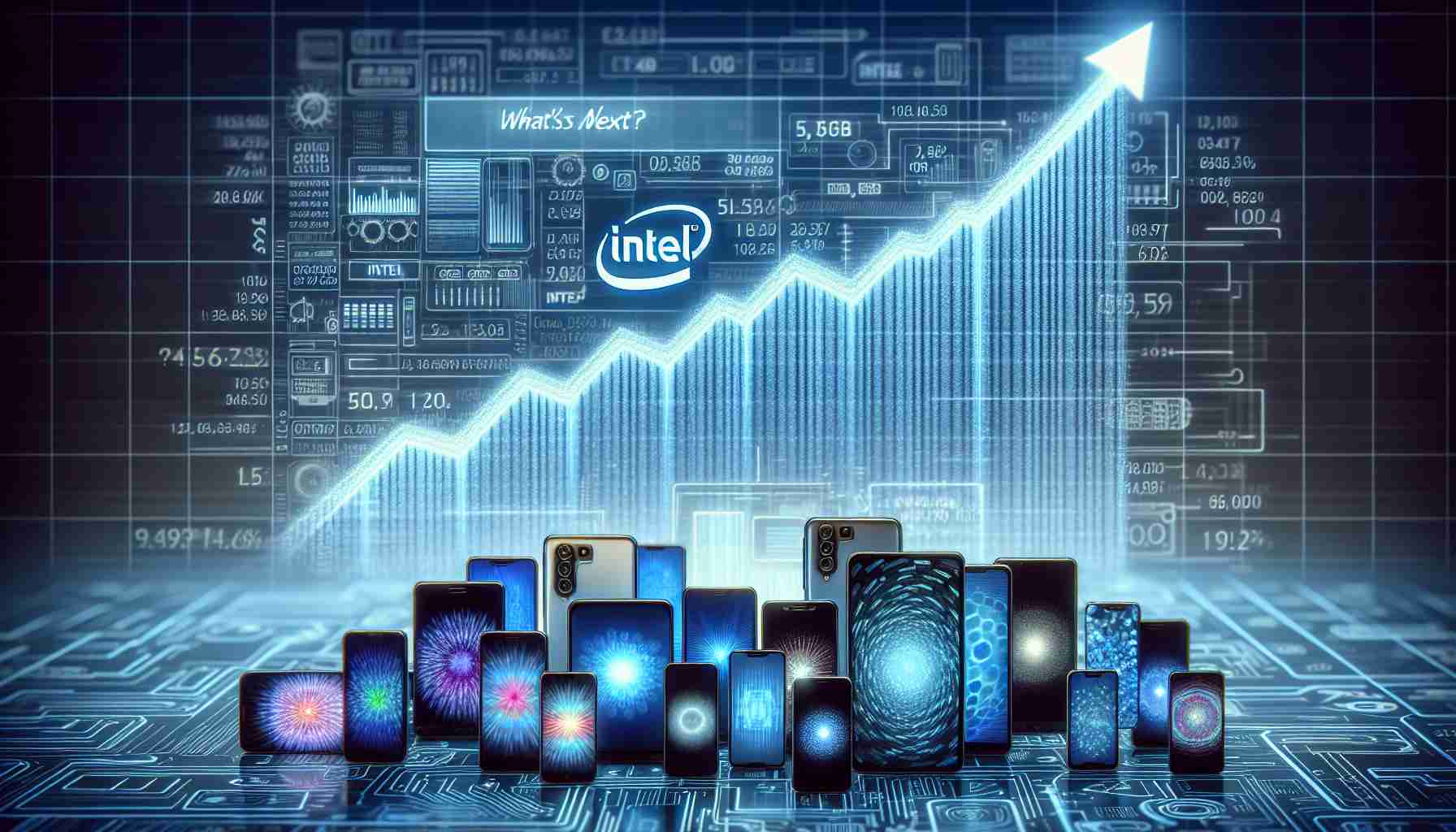As artificial intelligence (AI) technologies become increasingly embedded in daily life, understanding the evolving landscape of AI law is more crucial than ever. Although AI presents numerous benefits, such as enhancing productivity and providing personalized experiences, it also raises complex legal and ethical challenges.
Globally, lawmakers and legal experts are grappling with how to best regulate AI. A key area of focus is liability: determining who is responsible when AI systems cause harm. Traditional legal frameworks may not readily apply since AI’s autonomous decision-making can create situations where human intervention is minimal. As a result, new legal theories are being explored, including shared liability models where developers, users, and insurers might all share responsibility.
Moreover, privacy concerns related to data management by AI systems are another significant issue. AI often relies on vast amounts of personal data to function effectively, and ensuring this data is collected and used in compliance with privacy laws such as the EU’s General Data Protection Regulation (GDPR) is vital. These laws require transparency in data processing and offer individuals rights to control their data.
Establishing fair and practical regulations is a balancing act. It is crucial to foster innovation and leverage AI’s potential while ensuring public safety, privacy, and trust. As the field of AI continues to evolve, so too will the legal frameworks governing it, shaping a future where AI can be both revolutionary and responsible.
The Unseen Impacts of AI Law: How Legal Frameworks are Reshaping Lives
As AI technology becomes an integral part of modern life, the scope of AI law extends beyond liability and privacy concerns, impacting how entire industries operate and influencing the global balance of power. A less explored facet is the role of AI in transforming labor markets, often leading to job displacement and creating a need for new types of employment and skills training programs.
One controversial issue is the potential for AI to exacerbate socioeconomic inequalities. While technology can boost efficiency and reduce costs, it may concentrate economic benefits in the hands of those who own and control AI systems, widening the income gap. This raises the question: Who truly profits from AI advancements?
Moreover, countries are increasingly competing to become AI powerhouses, with governments investing heavily in AI research and development. This technological race could further cause geopolitical tensions, as nations vie for dominance in AI innovation and deployment.
How does this affect global society? The answer lies in the increasing interdependence of AI-dominated economies and the need for international collaboration on regulatory standards. Countries must work together to create guidelines that ensure AI technologies are safe, equitable, and respectful of human rights.
Interesting facts about AI law include its potential to influence democratic processes. From shaping political campaigns to posing risks through mass misinformation, AI algorithms play a critical role in how information is disseminated, calling for stringent oversight.
To learn more about AI’s broader social implications, explore the domains of relevant organizations and research institutions such as the World Economic Forum. Understanding these dynamics is essential for crafting policies fostering inclusive technological progress.






















